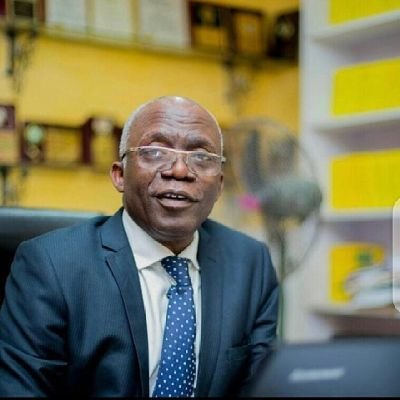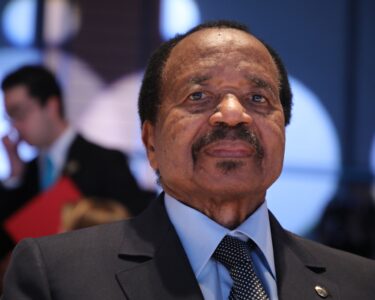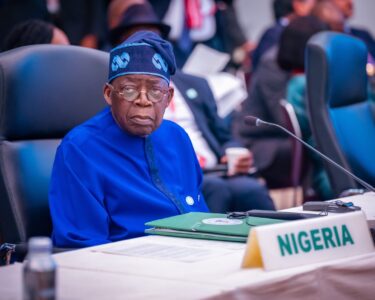Falana Opposes Compulsory Voting Bill
Cites Constitutional Violations and Practical Concerns
Summary
- Femi Falana (SAN) criticises bill proposing compulsory voting for Nigerians
- Bill, sponsored by Speaker Abbas, includes ₦100,000 fine or 6-month jail term for non-compliance
- Falana says bill violates 1999 Constitution and fundamental human rights
- References key Supreme Court rulings defending personal and religious freedoms
- Urges National Assembly to pursue comprehensive electoral reforms instead
Lagos, Nigeria — Human rights lawyer and Senior Advocate of Nigeria (SAN), Femi Falana, has voiced strong opposition to a proposed bill that seeks to make voting mandatory for all eligible Nigerians.
The bill, currently being considered by the National Assembly, proposes penalties of up to ₦100,000 or six months’ imprisonment for those who fail to vote during elections.
Sponsored by the Speaker of the House of Representatives, Hon. Tajudeen Abbas, the bill aims to address low voter turnout, promote civic duty, and elevate voting from a voluntary choice to a legal responsibility.
But in a statement released on Monday, Falana warned that the bill is fundamentally flawed and unconstitutional.
“I doubt that the speaker and his colleagues paid sufficient attention to the relevant provisions of the 1999 Constitution,” he stated. “Otherwise, they would have realised that compulsory voting is constitutionally invalid in every material particular.”
He cited multiple constitutional provisions, including Sections 37, 38, 77(2), 135(5), and 178(5), which, according to him, protect citizens’ rights to privacy, freedom of thought, conscience, and the voluntary nature of electoral participation.
Falana reinforced his argument with landmark Supreme Court decisions, including Medical and Dental Practitioners Disciplinary Tribunal v Okonkwo, where the court upheld the right of a patient to refuse a blood transfusion based on religious belief.
Quoting the late Justice Emmanuel Ayoola, he added: “The right to privacy implies a right to protect one’s thought, conscience or religious belief and practice from coercive and unjustified intrusion.”
He also referenced the Supreme Court’s decision supporting Muslim students’ rights to wear the hijab in schools, noting it as further evidence of the judiciary’s commitment to personal liberty and religious freedom.
Falana raised concerns about the practicality of the bill’s enforcement. “It is practically impossible to prosecute millions of Nigerian voters who may decide to boycott national and local elections,” he said.
Instead of mandating voting, the prominent lawyer urged lawmakers to adopt more meaningful electoral reforms. He recommended implementing the Uwais Electoral Reform Panel’s proposals, including restructuring the Independent National Electoral Commission (INEC), adopting proportional representation, resolving election petitions before inaugurations, and establishing an electoral offences commission.
The bill continues to generate debate across the country, as legal experts, civic groups, and political observers weigh in on its implications.







